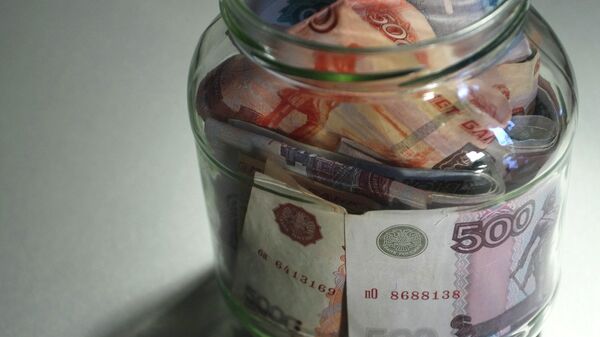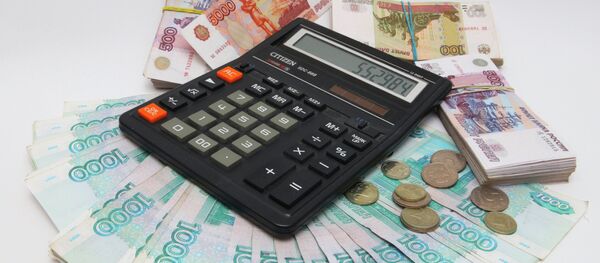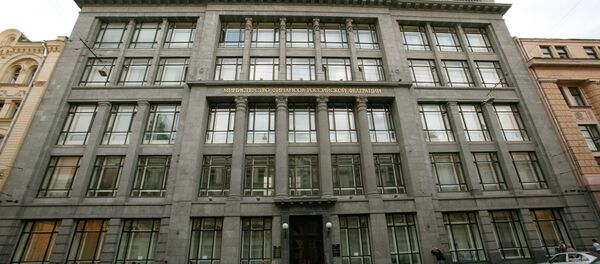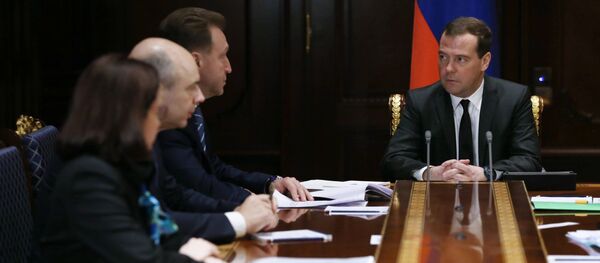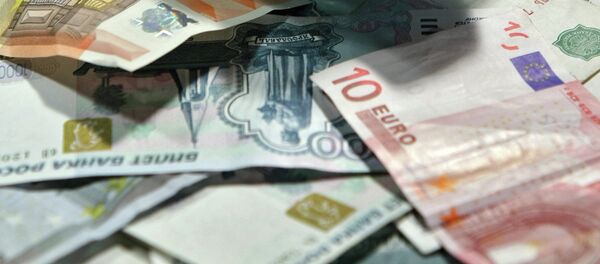"Some measures are needed to protect the Russian financial system from the further slide of the currency and from capital flight," a senior researcher at the European Trade Union Institute (ETUI), Jan Drahokoupil, told Sputnik.
Drahokoupil considers the rate increase to be a conventional tool employed by central banks but cautioned that taken in the context of many large Russian companies being prevented from raising capital abroad by EU and US sanctions "such an extreme hike will effectively make it impossible for domestic companies to borrow, further undercutting domestic demand."
"The strong interest rate increase will only hurt the Russian economy but the devaluation will not come to a halt," the analyst told Sputnik.
Commenting on the Russian Central Bank's decision yesterday to raise the base interest rate, Michael Schroeder stated that "it is a desperate effort but it will not work."
He expects Russian interest rates to decrease in coming weeks when the failure of the Central Bank's intervention becomes obvious. "If the interest stayed that high for a longer time period it would severely hurt the Russian economy," the expert concluded.
Drahokoupil, who is also co-author of the book series "Transition Economies: Political Economy in Russia, Eastern Europe, and Central Asia," believes that the seriousness of the situation seems to call for more unconventional measures such as capital and currency controls.
Drahokoupil sees the low price of oil as the main cause of the drastic fall in the value of the ruble.
"The broader context is the unfortunate reliance of the economy on oil exports," the ETUI analyst said, noting that while EU and US sanctions were not the main cause, they provided an additional blow to the embattled ruble and their significance should not be underestimated. He expects a pretty bad 2015 for the Russian economy, the extent of which depends heavily on the price of oil.
"Some sort of a geopolitical deal with the European Union and the United States would be also extremely helpful," Drahokoupil said adding that he is afraid that "the economic crisis may be an incentive for Putin to play hard on the geopolitical front."
Despite the current financial difficulties, Russia still has enough resources to achieve its economic goals, Russian Prime Minister Dmitry Medvedev said Wednesday, speaking at a meeting with the senior government finance and economics officials, heads of the Central Bank and management of Russia's major steel and energy companies. The Russian Prime Minister underlined that the ruble today is undervalued and its exchange rate on the trading floor does not reflect the actual situation in the economy.

